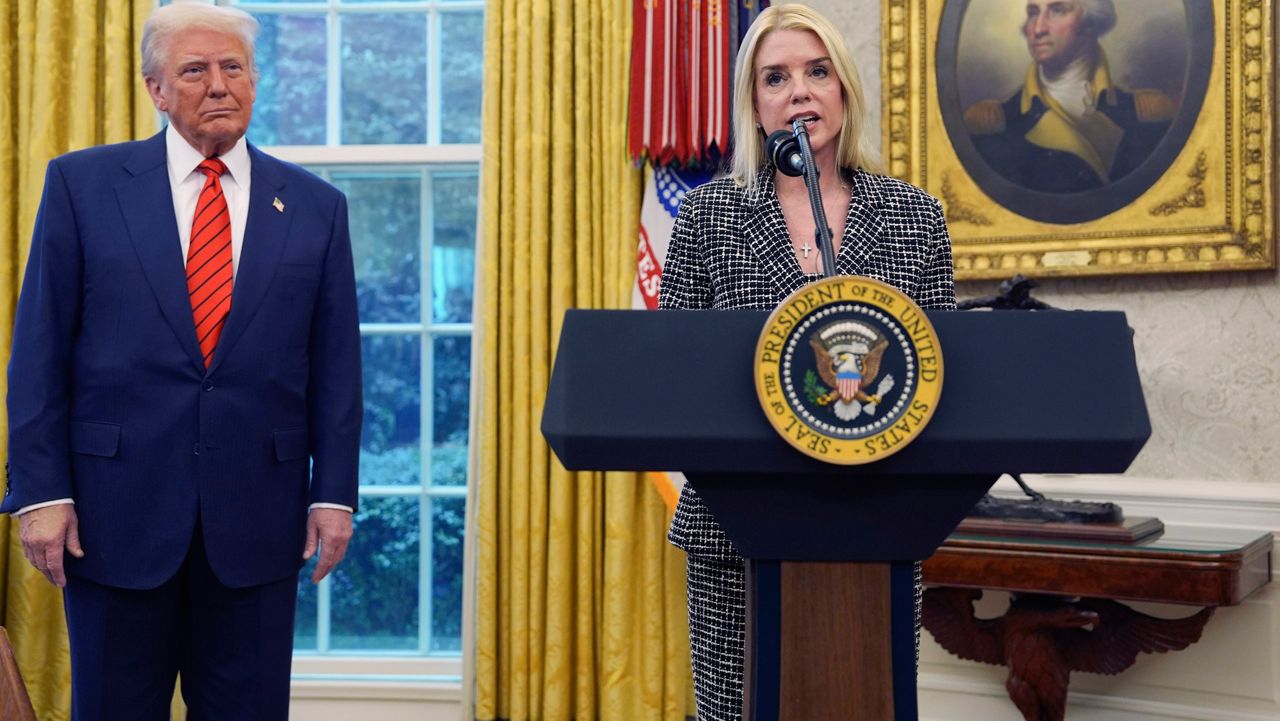An Associated Press report states corrections employees across the country are hesitant about getting the COVID-19 vaccine.
"Ultimately, we leave it to the individual members, that's a choice whether you're going to put something into your body," said Mark DeBurgomaster, the western region vice president of the New York State Correctional Officers & Police Benevolent Association.
He adds the organization doesn't dictate what its members should do when it comes to getting the COVID-19 vaccine. It's considered a personal choice.
"From what our indications are for vaccine sign-up and rollout, it's roughly about 50% where they're signing up to get the vaccine," he said.
DeBurgomaster says the association has had a large number of officers contract the virus within the last 90 days. Health officials have noted those who came down with COVID-19 in the last three months can wait more than 90 days to get vaccinated due to their likeliness of having some form of natural immunity. DeBurgomaster tells Spectrum News another factor is mistrust. He says NYSCOPBA has received calls from members worried about what they're hearing from health officials.
"When this first broke out we asked if we can have masks. And the department, department of health, and CDC were saying no. So there is a bit of concern in some members' minds that the information isn't always correct coming out of these agencies," said DeBurgomaster.
The Associated Press reports COVID-19 infection rates in prisons are more than three times as high as in the general public. It cites prison staff helped accelerate outbreaks.
"You've got a higher concentration of individuals indoors and closed quarters and the potential risk of getting infected increases in that particular venue," said Dr. Thomas Russo, the chief of University at Buffalo's Division of Infectious Diseases.
Dr. Russo says he understands the hesitancy some may have on signing up to get the shot but advises to do some research before coming to a conclusion.
"You should identify a trusted physician or another trusted reliable source such as perhaps the Erie County site, the New York state site, and get the information about the vaccine that you need to make the proper informed decision," said Dr. Russo.
He agrees getting vaccinated is a personal choice but wants the public to know the vaccines were not rushed and are safe.
"I can't stress enough that the benefits versus the risks of getting vaccinated against the new coronavirus are absolutely extraordinary," Dr. Russo said.









